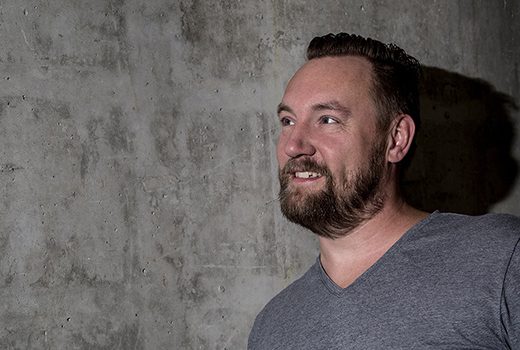The recent political impasse in Washington, that saw the entire US government shut down after Republicans and Democrats failed to reach a mutually acceptable agreement to keep everything running, reminded me again of just how fundamentally important deal making is – not just in politics, but of course in business too.
Throughout my career as an entrepreneur, I’ve struck deals – some large, some small, some that I’ve been pleased with, some not so. But what’s the first, and most important lesson I’ve learned about deal-making? Well, you might be surprised.
Mutual benefits
Number one: it’s not all about the money. A good deal, in my view, is one where both sides think they’ve gained. Not ‘won’ necessarily – because that implies a loser – but where both sides feel they’ve acquired more than they’ve given away. It might be money, or time, or knowledge, a brand identity, an innovation, or even an entire business – but whatever it is, the money is, I believe, only one part of the equation. Don’t get me wrong – the money is important: I am a businessman after all, and I understand the bottom line – but my point is that the money is just one element in a complicated dance of moving parts that must all come together for a deal to work for both sides.
And it must work for both sides, if your business is going to be successful and sustainable. In my experience, deals that are struck where one party feels like they have been thoroughly done over benefit no-one – and will often come back to bite the ‘winner’ at some point in the future.
Why do I believe this is true? Well, it partly comes back to one of my most fundamentally held beliefs about business – that ultimately it is about relationships between people. And for relationships to be successful and healthy and productive for all parties, they need to be based on a sense of shared interests, of mutually held values, and of respect. Take someone for all they have as part of a deal and they also lose everything that held that relationship with you together.
Why are they really doing this?
My second big lesson from my experience of deal making over the years is that it pays to thoroughly understand the other person’s motivations. And I don’t just mean have a general idea of what they want from you – I mean have a truly deep understanding of what is driving them to come to the table with you in the first place. Why are they really doing this? Is it to do with people? Or is it really just about money? Or with something harder to define, like reputation, or the hopes and dreams they have for their brand? Find out what their ‘thing’ is, what it is that has brought them to the point where they want to sit down with you and offer you things in the hope that you will offer them something else in return. Find out what that ‘something’ that they want really is – remember it might not be what they say it is.
How do you do this? Well, in my experience, I’ve always found that the age-old methods still work. Ask questions. Be a good listener. And think about how you can help them, rather than what you can get out of them.
Think differently
My third and final thought on the art of deal making is around creativity. I’ve been lucky over the years to have been able to pull together a team of people at OMNIA who I believe are some of the most creatively talented individuals I’ve ever met. And I brought them on board because that’s what I want potential clients, or potential business partners, to think too. Because when you see an opportunity to work with someone to create a new solution, you want the best minds there are on the problem, coming up with innovative ways of approaching the challenge. These kinds of synergies really excite me as a business person – seeing how the skills and know-how I have at my disposal here at OMNIA can be applied out in the real world, and what can be achieved when they have the chance to tackle new challenges. That, for me, is at the heart of any deal – I have to ask myself, am I adding value to this situation for the other party, in a way that is different and unique, and that no one else can offer? And am I getting value from them, in a way that improves my own business in some way?
If the answer is ‘yes’ to both questions, then congratulations: you’ve got yourself a deal.









